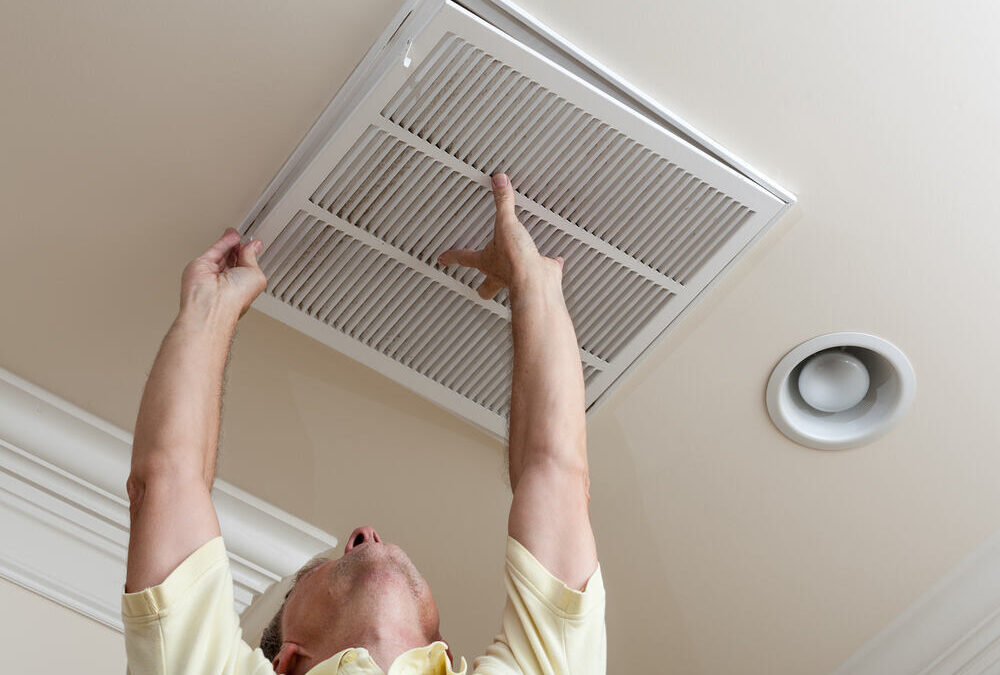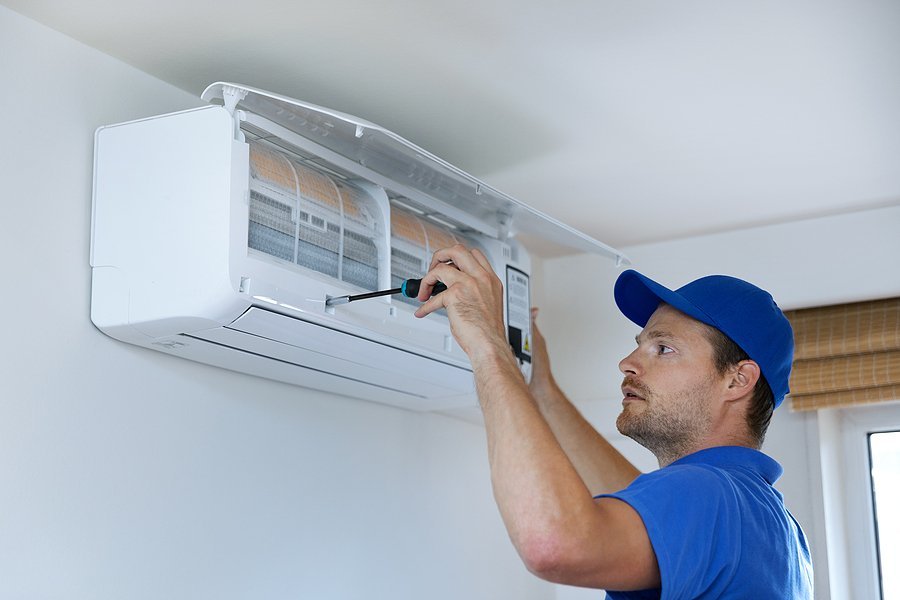Have you ever turned on your air conditioning only to be greeted by an unpleasant smell? If so, you’re not alone. Many homeowners and business owners experience this issue, and it’s important to address it promptly. In this article, we’ll explore the reasons why your air conditioning smells bad and provide a comprehensive checklist to help you identify and solve the problem.
When your air conditioning smells bad, it can be both frustrating and concerning. This checklist will guide you through the potential causes and solutions, ensuring that you can enjoy fresh and clean air in your home or office.

Understanding the Cause of Bad Odors
Before diving into the checklist, it’s crucial to understand why your air conditioning smells bad. Odors can stem from various sources, and pinpointing the exact cause is the first step toward a solution.
1. Mold and Mildew
Mold and mildew are common culprits when it comes to foul odors emanating from your air conditioning system. These fungi thrive in moist environments, and your HVAC system can provide the perfect breeding ground. Regular maintenance and cleaning can help prevent mold growth.
2. Dirty Air Filters
Over time, air filters can become clogged with dirt, dust, and debris. When this happens, it can lead to unpleasant smells circulating throughout your home. Replacing or cleaning air filters regularly is essential for maintaining good air quality.
3. Leaking Refrigerant
If your air conditioning system has a refrigerant leak, it can produce a chemical smell. Refrigerant leaks not only affect the system’s performance but also pose health risks. If you suspect a leak, it’s important to contact a professional technician to address the issue.
4. Stagnant Water
Water can accumulate in the drip pan if not properly drained, leading to a musty odor. Checking and cleaning the drip pan regularly can prevent this problem.
The Air Conditioning Smells Bad Checklist
Now that you understand some common causes, let’s delve into the checklist that will help you tackle the issue of bad odors in your air conditioning system.
Step 1: Check and Clean Air Filters
Begin by inspecting your air filters. If they appear dirty or clogged, replace or clean them immediately. Clean filters not only improve air quality but also enhance the efficiency of your system.
Step 2: Inspect for Mold and Mildew
Examine your HVAC system for any signs of mold or mildew. Pay special attention to the evaporator coils and ductwork. If you detect mold, consider hiring a professional to clean and disinfect the affected areas.
Step 3: Examine the Drip Pan
Check the drip pan for stagnant water. If you find water accumulation, clean and dry the pan thoroughly. Make sure the drain line is clear to prevent future issues.
Step 4: Monitor for Refrigerant Leaks
If you notice a chemical smell, it could indicate a refrigerant leak. Contact a certified HVAC technician to inspect and repair the system if necessary.
Step 5: Regular Maintenance
Schedule regular maintenance for your air conditioning system. A professional technician can perform thorough inspections, clean components, and ensure that everything is functioning optimally.
Additional Tips for Fresh and Clean Air
In addition to the checklist, here are some extra tips to ensure your air remains fresh and clean:
- Use air purifiers to enhance indoor air quality.
- Keep your home well-ventilated by opening windows when weather permits.
- Consider using essential oil diffusers for a pleasant aroma.
Conclusion
By following the air conditioning smells bad checklist, you can identify and address the root causes of unpleasant odors in your HVAC system. Regular maintenance and proactive measures will help you enjoy clean, fresh air in your home or office.
For more information on maintaining your HVAC system, visit Panasonic’s AC Smells Story.

FAQs
Why does my air conditioning smell like mildew?
If your air conditioning smells like mildew, it could be due to mold or mildew growth in the system. It’s important to inspect and clean the unit to prevent further issues.
Can I fix a refrigerant leak myself?
Refrigerant leaks should be handled by a professional technician. Attempting to fix it yourself can be dangerous and may void warranties.
How often should I replace air filters?
Air filters should be replaced every 1-3 months, depending on usage and the type of filter. Regular replacement ensures optimal air quality and system performance.
This article contains affiliate links. We may earn a commission at no extra cost to you.